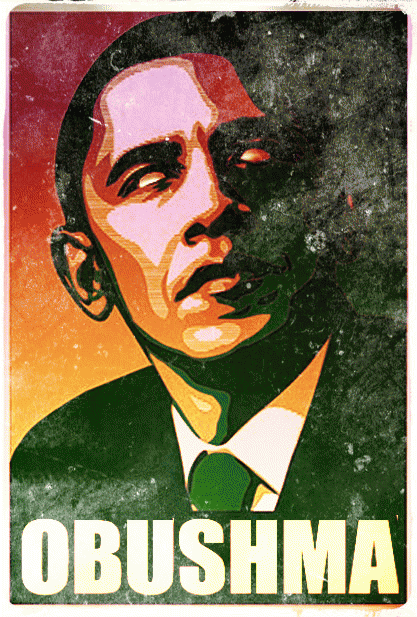>
A federal judge permanently blocked enforcement of a law signed by Obama late last year that included vague language allowing the military to detain US citizens indefinitely.
U.S. District Judge Katherine Forrest today ruled in favor of Chris Hedges and six other journalists in permanently blocking disputed provisions in the NDAA (National Defense Authorization Act for 2012). Forrest placed a preliminary injunction against the law in May because...well, because of the U.S. Constitution. The government appealed then, prompting today's smack down. In part:
"The Constitution places affirmative limits on the power of the Executive to act, and these limits apply in times of peace as well as times of war"
The challenge to the NDAA came within two weeks, filed by a distinguished group of journalists including former New York Times reporter Christopher Hedges, Noam Chomsky, Daniel Ellsberg and Jennifer "Tangerine" Bolan, noting that Section 1021(b) of the law allows detention of U.S. citizens and permanent residents without due process, and solely on "suspicion of providing substantial support" to al-Qaeda or others engaged in hostilities against the U.S.
Opposition lined up quickly on the left, including Michael Moore, Rachel Maddow, Glenn Greenwald, the ACLU, Johnathan Turley, Democracy Now, Mother Jones, The Young Turks, Naomi Wolf, Katrina van den Heuval, Ray McGovern and Matt Rothschild with critical reporting appearing on sites like HuffingtonPost, FireDogLake, OpedNews, Truthout, Alternet, CommonDreams, Raw Story, DailyKos and others.
The judicial response to the NDAA was fast and firm, siding with the plaintiffs in a 112 page ruling holding that the law's vague language needs immediate clarification because it endangers reporters or activists based simply on research, speech or associations that should be protected by the First Amendment.
Earlier this week, in Obama's Bush-Era Incoherence on Constitutionality of NDAA we argued the NDAA was making Obama unpopular with the left for his stances against constitutionally protected civil liberties.
The administration's appeal could go forward, kicking the case up to a higher court, but government lawyers actually have claimed the power to indefinitely detain U.S. citizens captured in the United States is not derived from the NDAA, but the 2001 Authorization for Use of Military Force.
A senior administration official told TPM that the NDAA "changes nothing" about the legal question long before today's injunction was held up, asking "[c]ould a future administration hold a U.S. citizen in military detention? Yes, if the AUMF allowed it, but that would have been true with or without this bill."
"Whether you can pick up a U.S. citizen inside the United States and place them in military detention -- which was done in the Padilla case but was never resolved up to the Supreme Court -- we would argue still sort of an open legal question and is not answered by the NDAA, it's totally silent on that".
The "Terrorist" Ruse
Disturbing assertions were made by Lt. Col. Lawrence Wilkerson, the former chief of staff and counsel to Secretary of State Colin Powell, speaking about the NDAA and the suspension of posse comitatus we haven't seen since Reconstruction. Recalling J. Edgar Hoover's campaign to paint legitimate dissenters as communists, Wilkerson believes the authors of the NDAA are more concerned with the surging ranks of those in the Occupy movement than al Qaeda sleeper cells:
"I don't think they're doing this based on their fear of terrorists. I really think they're doing this based in their ultimate fear of the Occupy Wall Street -- cum -- other movements in this country which are going to deepen and become more profound in every city in this country if we do head into a depression, rather than a recession which, with Europe and our banks so heavily committed to each other, is looking more and more like the future.
(Note: You can view every article as one long page if you sign up as an Advocate Member, or higher).





